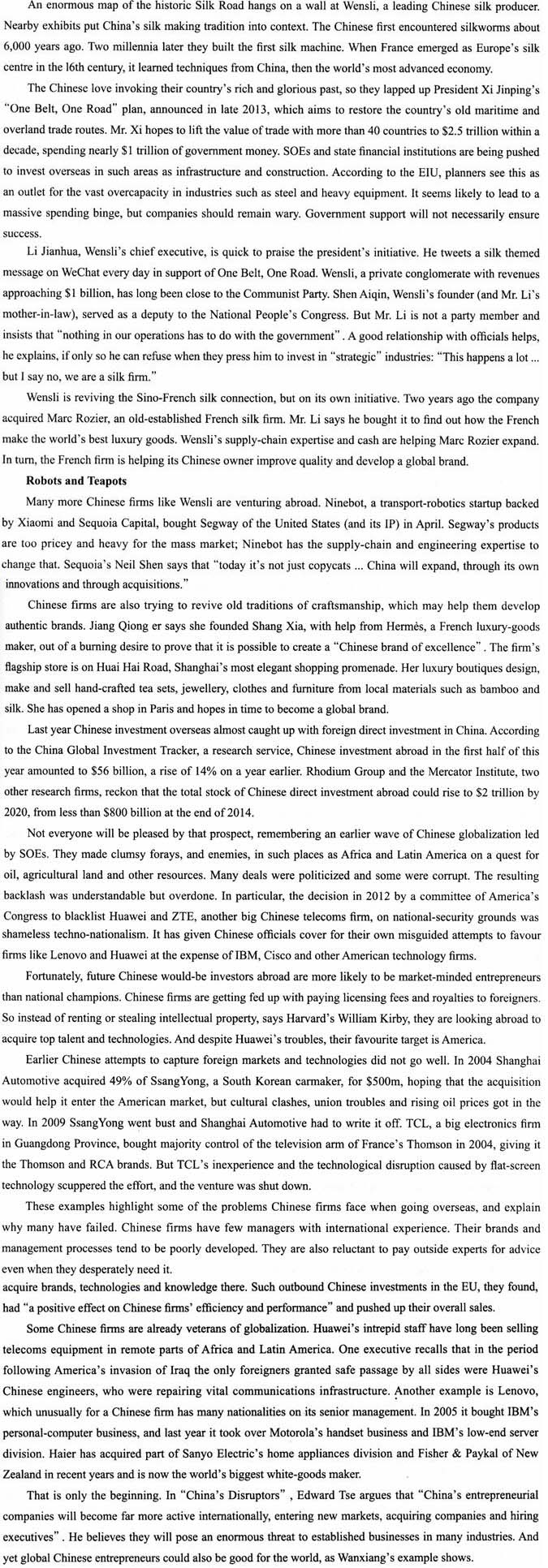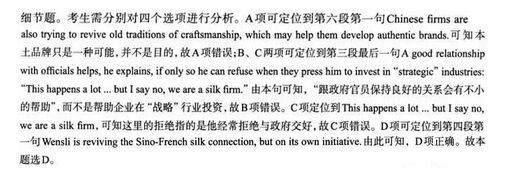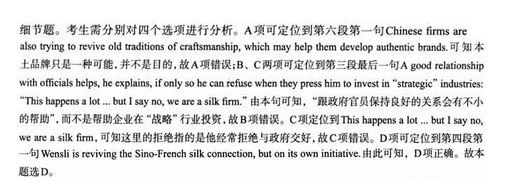hedge discusses five main components of communicative competence, namely, linguistic competence, pragmatic competence, discourse competence, strategic competence and __________.A. language knowledgeB. fluencyC. language skillD. language competence
题目
hedge discusses five main components of communicative competence, namely, linguistic competence, pragmatic competence, discourse competence, strategic competence and __________.
A. language knowledge
B. fluency
C. language skill
D. language competence
相似考题
更多“hedge discusses five main components of communicative competence, namely, linguistic competence, pragmatic competence, discourse competence, strategic competence and __________. ”相关问题
-
第1题:
合格理财师综合素质的标准5Cs代表( )。A.坚持以客户为中心(Client)
B.沟通交流能力(Communication)
C.协调能力(Coordination)
D.专业水平(Competence)
E.高尚的职业操守( commitment to ethics )答案:A,B,C,D,E解析:国外有人把对合格理财师综合素质要求或标准概括为5个方面,用5Cs代表,即坚持以客户为中心(Client)、沟通交流能力(Communication)、协调能力(Coordination)、专业水平(Competence)和高尚的职业操守(Commitment to Ethics)。 -
第2题:
The translator must have an excellent,up-to-date knowledge of his 11 languages, full facility in the handlingof his target language, which will be his mother tongue or language of habitualuse, and knowledge and understanding of the 12 subject-matter in his field ofspecialization. This is, as it were, his professional equipment. In addition tothis, it is desirable that he should have an 13 mind, wide interests, a good memory and the ability to grasp quicklythe basic principles of new developments. He should be willing to work on hisown, often at high speeds, but should be humble enough to 14 othersshould his own knowledge not always prove adequate to the task in hand. He shouldbe able to type fairly quickly and accurately and, if he is working mainly forpublication, should have more than a nodding 15 with printing techniques andproof-reading. If he is working basically as an information translator, let ussay, for an industrial firm, he should have the flexibility of mind to enablehim to 16 rapidly from one sourcelanguage to another, as well as from one subject-matter to another, since thisability is frequently required of him in such work. Bearing in mind the natureof the translator′s work, i.e. the processing of the written word, it is,strictly speaking, 17 that he should be able to speak the languages heis dealing with. If he does speak them, it is an 18 rather than a hindrance, but this skillis in many ways a luxury that he can do away with. It is, however, desirablethat he should have an approximate idea about the pronunciation of his sourcelanguages even if this is restricted to 19 how proper names and placenames are pronounced. The same applies to an ability to write his sourcelanguages. If he can, well and good; if he cannot, it does not matter. Thereare many other skills and 20 that are desirable in a translator.
第18题选A.priority
B.drawback
C.advantage
D.competence答案:C解析:考查名词辨析。priority“优先”,drawback“缺点”,advantage“优势”,competence“能力”。根据rather than a hindrance“而不是阻碍”可知所填词要与hindrance意义相反,且前面用不定冠词all修饰,四个选项中只有C项符合。 -
第3题:

Which of the following statements is true according to the text?( )A.Chinese firms are trying to revive craftsmanship in order to help them develop authentic brands
B.A good relationship with officials helps firms to invest in“strategic” industries
C.Wensli often says no to the govermment’s demand to invest in“strategic” industries
D.Wensli is reviving the Sino-French silk connection willingly答案:D解析:
-
第4题:
合格理财师综合素质的标准5Cs代表( )。A.坚持以客户为中心fClient)
B.沟通交流能力(Communication)
C.协调能力(Coordination)
D.专业水平(Competence)
E.高尚的职业操守(CommunicationtoEthics)答案:A,B,C,D,E解析: -
第5题:

Which of the following statements is true according to the text?( )A.Chinese firms are trying to revive craftsmanship in order to help them develop authentic brands.
B.A good relationship with officials helps firms to invest in“strategic” industries.
C.Wensli often says no to the govermment’s demand to invest in“strategic” industries.
D.Wensli is reviving the Sino-French silk connection willingly.答案:D解析:
-
第6题:
创业团队管理的5C要素,不包含以下哪项:
A.Confidence (信心/信任)
B.Competence(能力/权限)
C.Communication(沟通)
D.Creation(创造)
E.Cooperation(合作)
F.coordinate (协调)
coordinate (协调)
